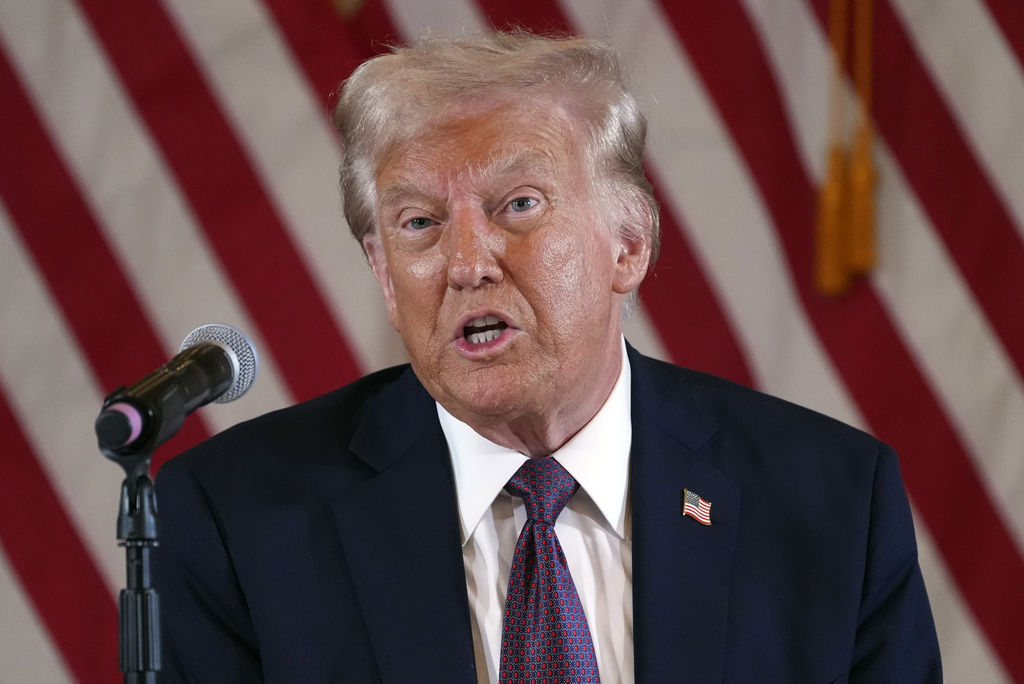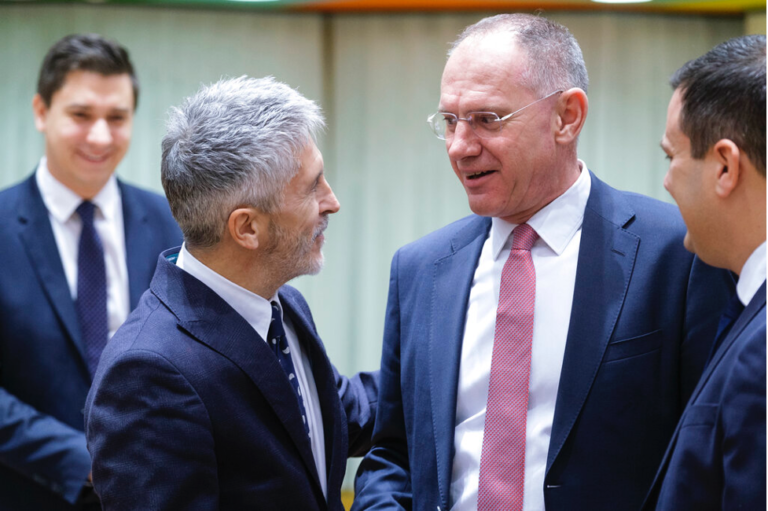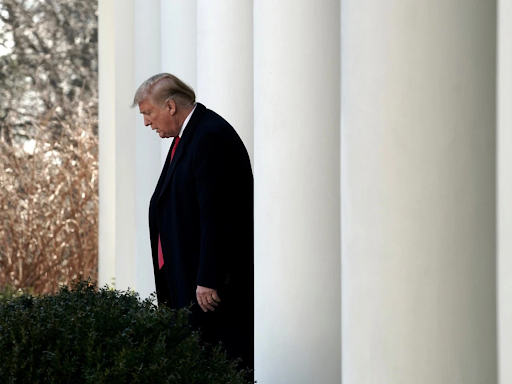
Transatlantic alliances have been the backbone of American and Western security. President Donald J. Trump, however, has put American safety in jeopardy with his move to directly negotiate with Russia regarding the continuous war between Ukraine and Russia. In response to President Trump’s efforts, French President Emmanuel Macron called an emergency European summit. On Feb. 17, 2025, European leaders convened in Paris to discuss Europe’s role in ending and resolving the crisis.
Trump’s decision to sideline European allies and Ukraine itself is not only reckless but also dangerously shortsighted. Although the initiative to seek peace is commendable, it is of the utmost importance to note the absence of the United States from the meeting in Paris as a sign of weakening alliances.
At the summit, leaders discussed ways to rapidly strengthen Europe’s defense capabilities, including increasing military production and expanding intelligence cooperation — moves that underscore the waning trust of European leaders in American leadership under President Trump. Macron has been a vocal advocate for “strategic autonomy,” urging Europe to reduce its dependency on the U.S. and develop its independent robust defense strategy. This strategic pivot is not solely a response to current U.S. policies, but also a crucial shift in the European approach to its security framework.
Historically, the U.S. has been the cornerstone of European defense, however, Trump’s unpredictable unilateral decisions have prompted European nations to reassess this reliance. U.K. Prime Minister Keir Starmer acknowledged the urgency of this sudden autonomy in Europe’s defense, stating, “We have got to show we are truly serious about our own defense and bearing our own burden.” The measures discussed at the summit aim to create a more self-sufficient Europe, capable of independently responding to security threats. The implications of this shift are profound: a Europe moving towards autonomous defense could lead to a redefined NATO where U.S. influence is diminished.
Trump’s defenders argue that his unilateral decisions are an effort to prioritize American interests by seeking quick peace. However, this so-called peace at the expense of Ukraine and E.U. allies is not peace, it is a form of betrayal and surrender. Ukraine’s President Volodymyr Zelenskyy expressed his discontent with Trump’s rogue behavior by stating he was “not happy” that Trump called Putin before him. By claiming that Russia “has the cards” because it has taken territory, Trump justifies land grabs by force. He also effectively cast blame onto Ukraine for the war, insensitively remarking that “[Ukraine] should have never started it and could have made a deal. To this, Zelenskyy responded with: “President Donald Trump as a leader… he is living in this disinformation space.” These back-and-forth interactions between Trump and Zelenskyy signal the setting of a dangerous precedent not just for conflicts in Europe, but also those in the international arena.
President Trump must strengthen U.S. ties with European allies, instead of weakening them. While European responses are justly prompted, a split with the U.S. would make the democratic West worse off in both ways possible. Any peace agreement proposed must center Ukraine, otherwise, it is illegitimate and risks serving Russia’s expansionist agenda. To protect the country’s relations with NATO and the E.U., Trump must halt the exclusion of key European allies from the negotiating table. To avoid fragmenting alliances, emboldening adversaries like Russia, and weakening the Western collective security framework, the U.S. needs to focus on supporting Ukraine’s sovereignty and engage Europe as a critical partner in diplomacy. The survival of the transatlantic alliance depends on mutual respect and collaboration, especially in times of crisis. The strength of the West lies in unity and Trump’s careless execution of orders risks dismantling the relations that have upheld global peace for generations. This is a gamble America cannot afford to make.
The Zeitgeist aims to publish ideas worth discussing. The views presented are solely those of the writer and do not necessarily reflect the views of the editorial board.



